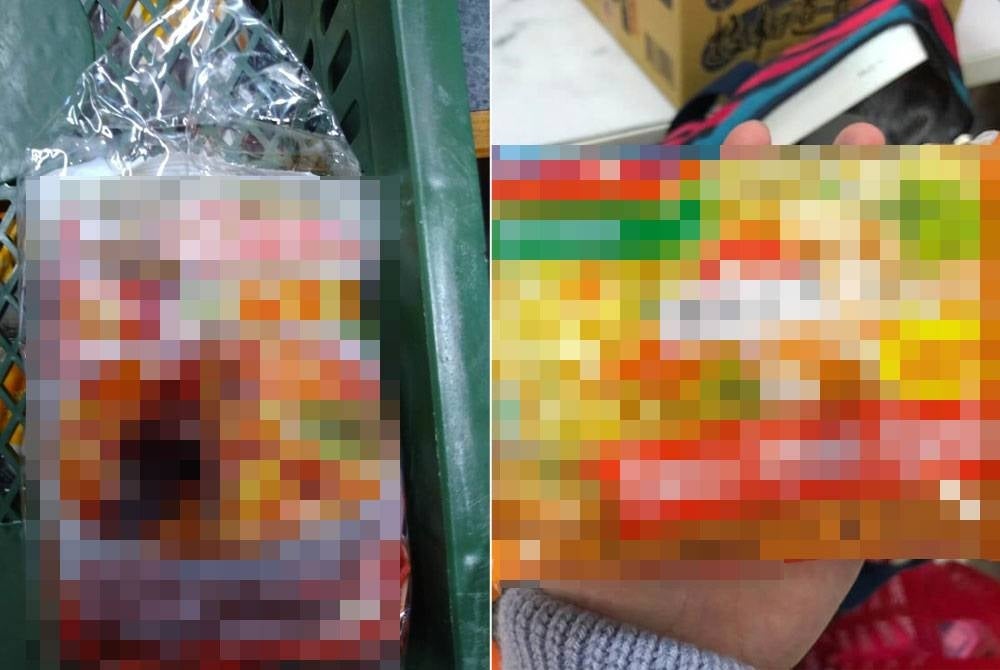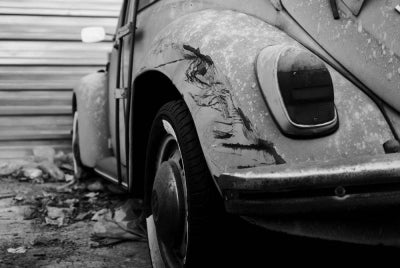Instant noodles are safe; regular intake should be avoided, experts say

SHAH ALAM - The production of instant noodles must be in compliance with food safety regulations to ensure safe consumption, however, regular intake should be avoided, experts say.
This was in response to the Taipei Health Department's report that two instant noodle brands from Southeast Asia have been found to contain cancer-causing substances.
Following the detection of ethylene oxide in Ah Lai Penang White Curry and Indomie Special Chicken Flavour products, the Health Ministry has ordered a voluntary recall of the White Curry Noodle product for the batches expiring on August 25, 2023, from the Malaysian market.
Senior Lecturer of the Department of Nutrition, Faculty of Medicine and Health Sciences, Universiti Putra Malaysia, Dr Mohd Redzwan Sabran said that instant noodles in general are safe to consume.
"As long as they are produced based on food safety assurance programmes such as Hazard Analysis and Critical Control Point (HACCP), Halal, Good Manufacturing Practise (GMP), Makanan Selamat Tanggunjawab Industri Certification (MESTI) and such.
"Not to forget, the instant noodles in the market should only have ingredients that are permitted under our Food Regulations of 1985," he added.
However, Redzwan further added that some chemicals or components, such as indirect food additives (adulterants), are added during the food preparation procedure.
"For instance, boric acid which is prohibited as a preservative in the preparation of yellow noodles.
"Detection of the dangerous ingredient is done batch by batch and through analytical methods, so it is impossible to detect it in each noodle," he told Sinar Daily.
Therefore, he further added that it should be the duty of the food industry to ensure that each stage of manufacturing is safe and free from contamination and that the materials used are from reliable sources and approved under the Food Regulations of 1985.
"Each instant noodle has passed quality control before it can be marketed to consumers. The consumers should read the food label and choose a better one. For example, check the sodium content and the number of calories," he explained.
Meanwhile, public health expert Dr Sharifa Ezat Wan Puteh from Universiti Kebangsaan Malaysia explained that instant noodles are actually bad for our health.
She said that Malaysia has strict controls, and the Health Ministry is constantly carrying out inspections.
"Most of these ingredients are allowed for food; however, if some ingredients exceed the capacity amount, it could be dangerous for our health," Sharifa explained.
"For example, we can take monosodium glutamate (MSG), but there is a certain level that is permitted by the Health Ministry.
"When the issue of ethylene oxide in instant noodles was raised by the Taipei Health Department, this ingredient was actually not included among the prohibited substances.
"However, in these two instant noodles, maybe it contained a lot of the prohibited substance, which could cause harm to the body and could cause cancer", she added.
Sharifa also expressed her hopes for more studies on the quality of food control in Malaysia in the future.
She added that it is acceptable to some extent to eat instant noodles; however, it should not be on a regular basis.
"However, I would advise eating something healthy that is made from scratch, not instant noodles," she stressed.
Download Sinar Daily application.Click Here!















